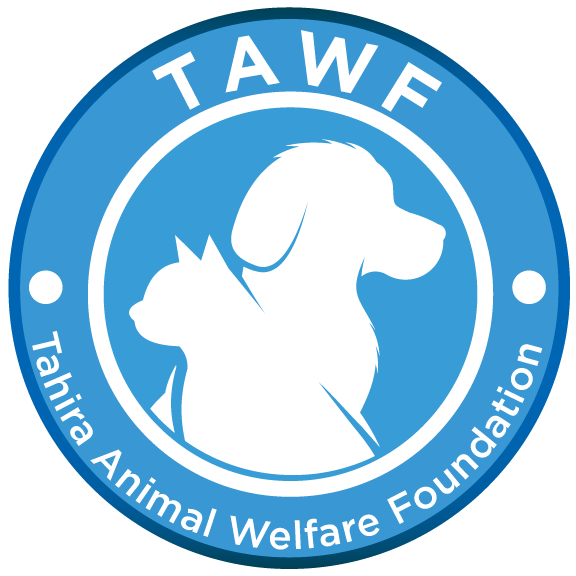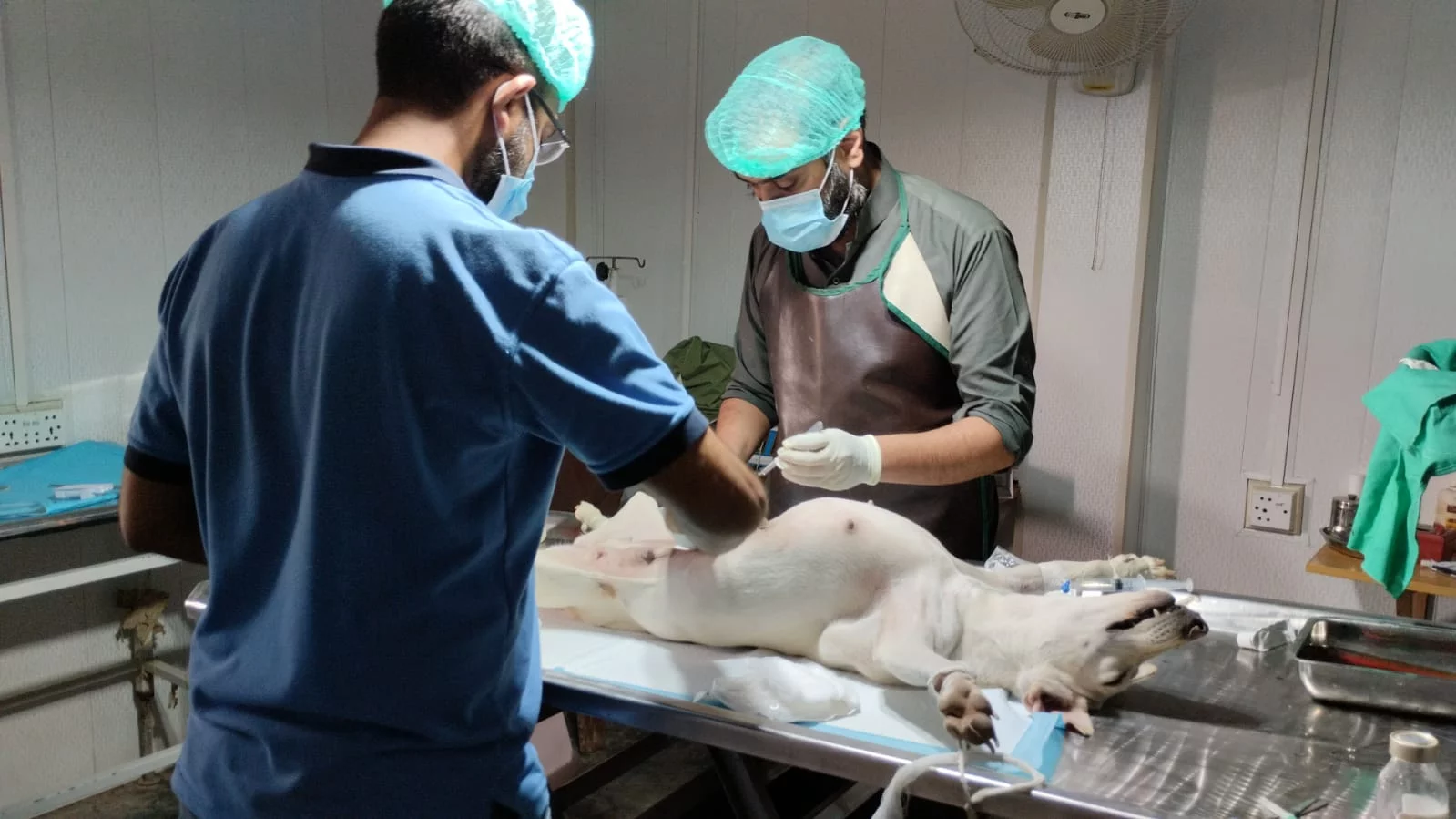TNVR
A Humane Approach to Animal Welfare
In many parts of the world, including Pakistan, the stray animal population is a significant concern. Overpopulation leads to numerous issues, including the spread of diseases, animal suffering, and conflicts with humans. The Tahira Animal Welfare Foundation has initiated a crucial project to address this problem: TNVR – Trap-Neuter-Vaccinate-Return. This humane and effective method is essential for managing stray animal populations and improving public health and safety.
TAWF’s TNVR Project
Since November 2020, TAWF has been running Pakistan’s first dedicated TNVR program in Faisalabad. Our goal is to humanely manage the stray animal population and eliminate rabies. Through this project, we have vaccinated thousands of animals and spayed/neutered many more. The impact has been significant, with a noticeable reduction in stray animal numbers and rabies cases in the areas we serve.
How You Can Help
The success of our TNVR project relies on community support and funding. Donations are crucial to continuing and expanding our efforts. By supporting TAWF, you are contributing to a humane and effective solution to the stray animal problem. To donate, please visit our donation page.
What is TNVR?
TNVR stands for Trap-Neuter-Vaccinate-Return. It involves humanely trapping stray animals, neutering them to prevent further breeding, vaccinating them against diseases such as rabies, and then returning them to their original locations. This process helps control the population of stray animals over time, ensuring healthier and safer communities for both animals and people.
Why TNVR is Necessary
- Overpopulation Control: Stray animals reproduce rapidly, leading to large populations that can quickly become unmanageable. This overpopulation results in increased competition for limited resources, causing malnutrition, disease, and suffering among the animals.
- Disease Prevention: Stray animals are often carriers of diseases such as rabies, which can be transmitted to humans and other animals. Rabies is a serious public health issue in Pakistan, with many cases resulting from dog bites. TNVR helps to reduce the incidence of rabies by vaccinating strays, thereby protecting both animal and human populations.
- Humane Alternative to Culling: Traditional methods of controlling stray populations, such as culling (poisoning or shooting), are inhumane and often ineffective. These methods do not address the root cause of the problem – reproduction. TNVR, on the other hand, offers a humane solution that addresses the issue at its source.
- Improving Animal Welfare: By neutering and vaccinating stray animals, TNVR improves their overall health and reduces their suffering. Neutered animals are less likely to fight, roam, and contract diseases, leading to a better quality of life.
The Importance of TNVR
- Community Health and Safety: A controlled and vaccinated stray population reduces the risk of disease transmission and minimizes conflicts between humans and animals. This leads to safer communities and a healthier environment.
- Sustainable Solution: TNVR provides a long-term, sustainable solution to the stray animal problem. Unlike culling, which must be repeated regularly and does not prevent new animals from entering the population, TNVR gradually reduces the number of strays over time.
- Cost-Effective: Although TNVR requires an initial investment in trapping, neutering, and vaccinating, it is more cost-effective in the long run compared to the repeated costs of culling and managing stray-related issues.
- Community Involvement: TNVR encourages community participation and awareness. Educating the public about the benefits of TNVR fosters a culture of empathy and responsibility towards animals, leading to broader support for animal welfare initiatives.
Conclusion
TNVR is a necessary and important approach to managing stray animal populations. It provides a humane, effective, and sustainable solution that benefits both animals and humans. At TAWF, we are committed to expanding our TNVR efforts and creating a safer, healthier environment for all. Together, we can make a significant impact on animal welfare and public health.

